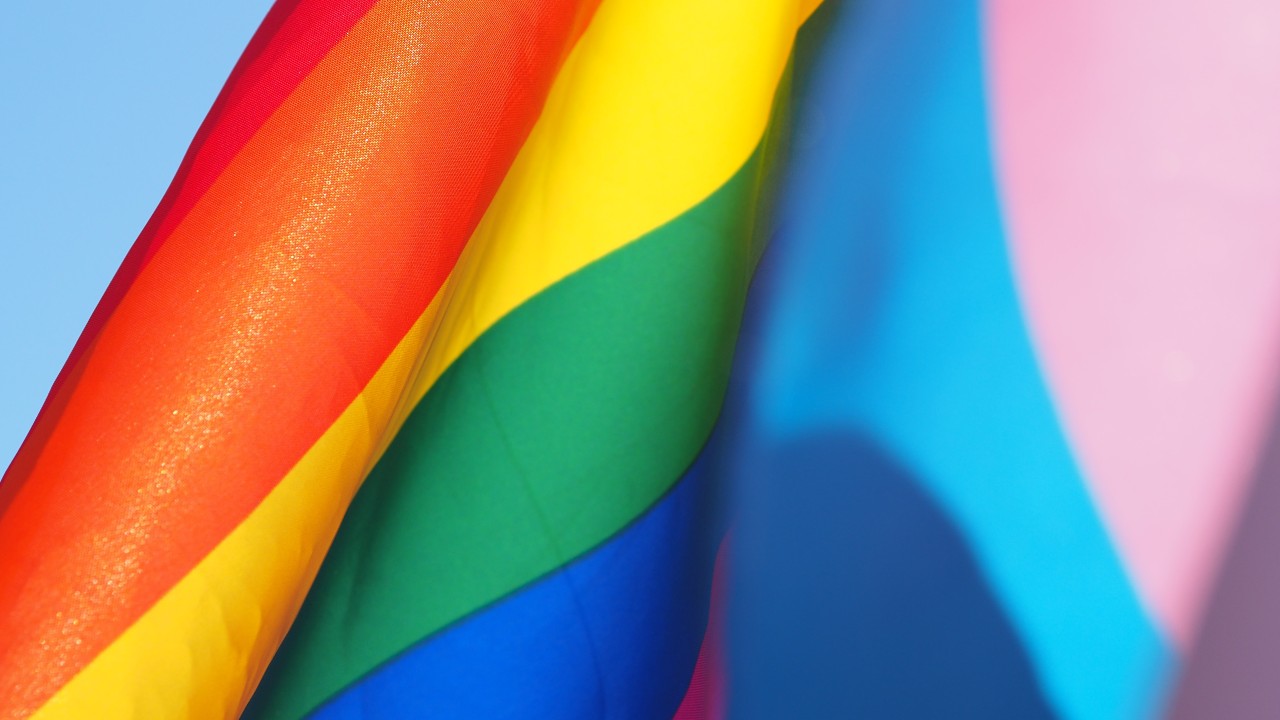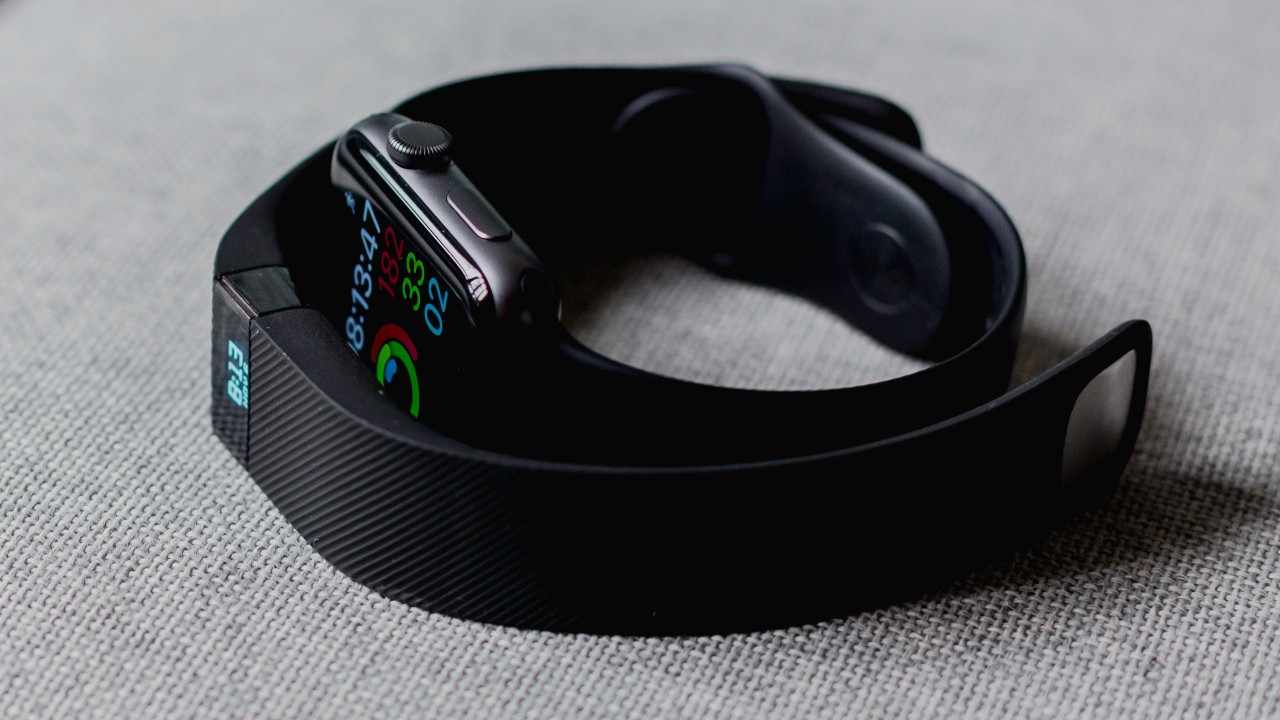Dr Luke Fletcher’s research looks at the experiences of lesbian, gay, bisexual and transgender (LGBT+) people at work, and how ‘allyship’ can improve these experiences.
Hostile working environments
Most people spend a lot of their lives at work. The impact of a safe and nurturing work environment on employees’ wellbeing cannot be underestimated. This is especially important for marginalised people, who are more likely to face conflict or discrimination outside of work.
Unfortunately, ‘diverse’ groups tend to have more negative experiences of work. The fallout from the Covid pandemic clearly shows that people of colour, women and LGBT+ people struggled more than those in non-minority groups.
Workplaces can be particularly challenging for LGBT+ people. 45% of lesbian, gay, and bisexual people, and 55% of transgender and non-binary people report some form of conflict at work. Against a backdrop of growing hostility against LGBT+ people – particularly the transgender community – in Europe and America, many employers are left wondering how to protect their LGBT+ colleagues.
Improving LGBT+ people’s experience of work
Luke’s research background is in workplace equality and diversity and ‘meaningful work’. Since joining the School of Management in 2020 his research has focused more on LGBT+ allyship.
‘I’m involved in a few projects that look at how people can be more supportive of LGBT+ colleagues, specifically trans or non-binary folk. I wanted to understand what that support – or allyship - would look like, but also how an organisation can facilitate that, for example developing guidelines to encourage allyship in the workplace.’
An ‘ally’ is someone who supports and defends a marginalised group, in this case the LGBT+ community. However Luke’s research stresses that true allyship is active.
‘We’re talking about a more active type of support for disadvantaged groups. It’s about standing up for people, confronting prejudice, connecting with the community and understanding what they want and need. If they’re having a tough time then you should figure out how you can help them and then do it,’ says Luke.
‘The core idea is that people from more advantaged backgrounds, or with more privilege, reflect on how they can use the resources they have to help stigmatised or minority groups – whether in society or in the workplace.’
Allyship can help create safe workplaces, in which LGBT+ people can be their authentic selves. This improves LGBT+ people’s experience of work, but Luke also found that it impacted their overall life satisfaction and wellbeing.
How business and psychology intersect
The starting point for much of Luke’s research is: 'how do people experience the workplace?'. This question stems from his background in psychology. Since his undergraduate degree at the University of Sussex, he’s been interested in how employees' thoughts and feelings about work impact how a business runs.
Luke’s current work on inclusion and allyship has its roots in his PhD thesis on employee engagement. He won a scholarship from the University of Kent to look at how people’s attitudes and behaviours, as well as their perception of the organisation, impacted their wellbeing and performance at work.
‘I wanted to understand what factors motivated employees and made them feel connected to work. One aspect of this was the importance of feeling genuinely psychologically safe. This means that they felt able to be themselves and express their views and opinions in the work environment. And when that wasn’t present, they felt disconnected.’
The link between psychological safety, wellbeing and workplace performance is important. While improving the working lives of LGBT+ people is its own moral imperative, there is also a clear business case for allyship at work.
What does it mean to be an ally at work?
Luke’s research into transgender (trans) inclusion found that trans people feel safer and more able to be authentic at work when strong organisational diversity, equality and inclusion (DEI) practices are combined with a culture of allyship.
He found the organisational policies and practices to be most important when trans people were dealing with unsupportive staff members. People were less likely to respond negatively or discriminate against their LGBT+ colleagues when there was a strong DEI climate.
His findings also stress the value of individual actions, and how the perception of allyship from colleagues can dramatically improve a trans person’s experience of work.
‘So how can an individual show allyship to trans colleagues? One of the frameworks I use in the research breaks it down into particular behaviours. So first off, you can show it by developing your own knowledge and learning about that group to try and understand what it’s like to be in their shoes,’ says Luke.
After that, he says people should start to challenge problematic behaviours in the workplace. He says that allies should avoid doing so in a confrontational way, as there’s evidence to show this doesn’t work. ‘Instead try to approach it in a positive, transformational way that focuses on how this will improve the organisation,’ advises Luke.
The next stage of allyship involves becoming an ‘accomplice in activism’ to these groups. This means engaging with the community to find out what needs changing, and then working with them to challenge the organisation’s leadership to improve policies and practices.
The organisational approach
Luke says that organisations should also think differently about their DEI practices. They should focus less on schemes like leadership development programmes which tell the individual to change their behaviour. Instead, they should move towards a model that puts the disadvantaged group's experience first.
‘Lots of the time, organisations just want to throw resources at something without changing the structural context that’s causing the problem. You see this a lot with programmes designed to improve gender equality. They look at the barriers women face and the fact that they are generally find it harder to climb the organisational ladder, and they decide to teach them how to be more dominant and assertive. This basically says that there’s a ‘male’ ideal out there and we need to help women change to become more like this. So that puts the onus on women to learn how to do things differently, as opposed to challenging why the system is structured like this’
His work on allyship emphasises the need to understand marginalised people and involve them in conversations around diversity and inclusion. According to Luke ‘they must be treated as equal participants in the process rather than the organisation ‘just doing stuff to them’’.
The route to impact
Luke wants to affect change. The basis of his research has always been to influence organisations and policy makers. In fact, he has a long-standing relationship with the Chartered Institute of Personnel and Development (CIPD). The CIPD sets the standards and best practice for HR professionals, and recently commissioned Luke to write a report for them on LGBT+ inclusion. However, he’s increasingly using other methods to communicate his research.
‘I’m trying to figure out the best ways of getting these ideas out there. I want to speak to policy makers, of course, but I’m also focusing on social media, blogs, podcast and events. I think it’s so important to break down some of the drier research stuff into accessible information so that employers or people on the ground can see the difference they can make,’ says Luke.
A good start
Though there has been significant progress in the fight for LGBT+ equality in the last two decades, there is still much work to be done.
Luke believes that formalised allyship programmes can provide some security to LGBT+ people and is planning to look into this further.
‘Lots of organisations now have staff networks around LGBT people – or other marginalised groups, like ethnic minorities for example – that are linked in with an allyship network comprising people with more privilege or advantages, who want to learn how to show active support. I want to look at these programmes more closely to understand the benefits of more formalised strategies in this area,’ says Luke.
Luke acknowledges that progress is often slow, and sometimes not linear. But he remains optimistic for the future.
‘Things have really changed in the past five years, with various social movements. It’s helped start conversations and move the agenda forward within organisations that might have been slower to talk about it before. We’re a long way off where we need to be. But it’s a good start.’



